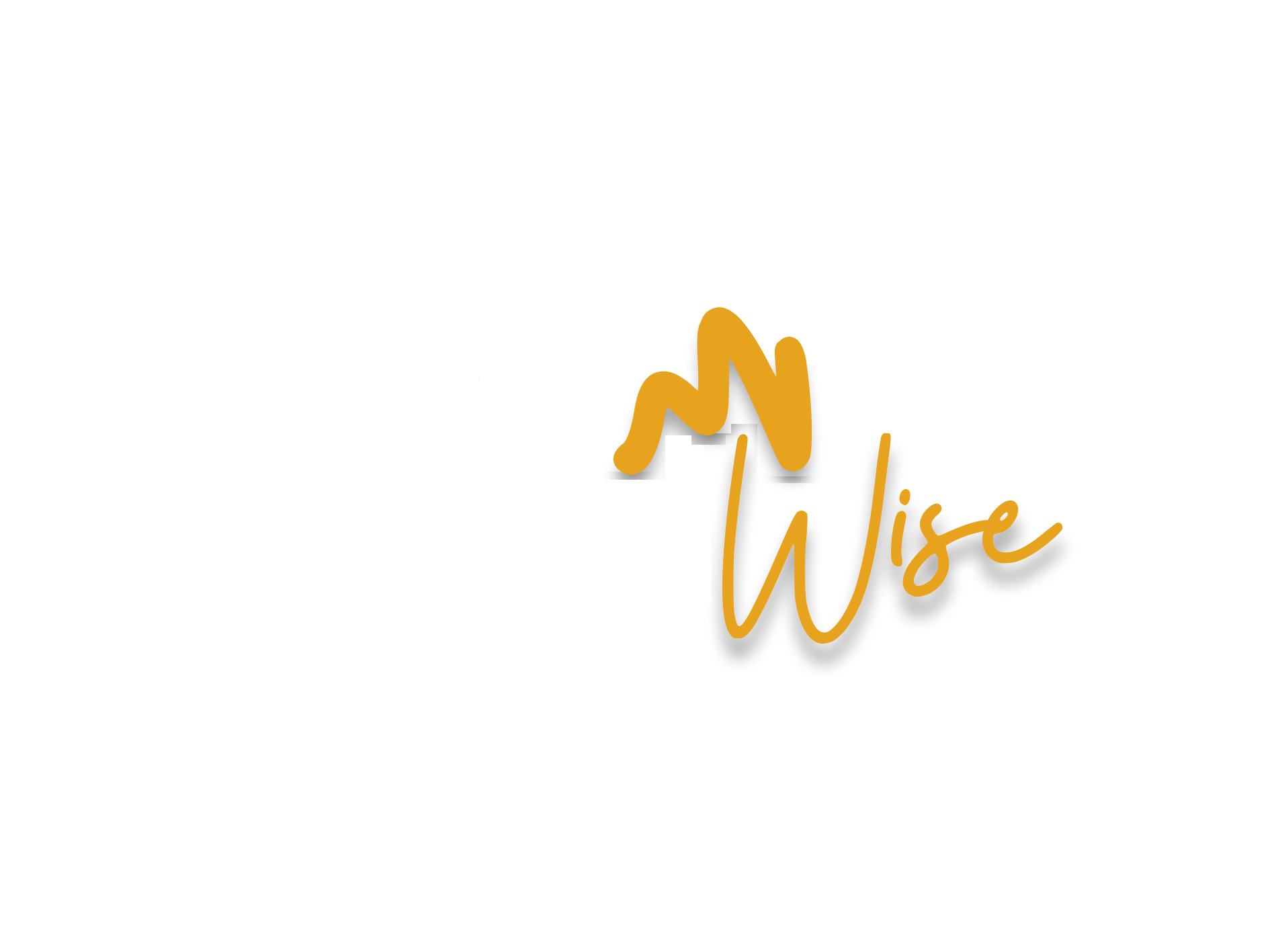3 Healthy Habits to Improve Your Focus at Work

Maintaining focus at work can be a formidable challenge in an era characterized by distractions. However, adopting healthy habits can significantly enhance concentration and productivity. This article delves into three key health habits that can help you improve your focus at work, enabling you to accomplish tasks more efficiently and effectively.
1. Prioritize Regular Exercise
The Connection Between Exercise and Focus
Physical activity is more than a tool for physical fitness; it is a powerful catalyst for enhancing mental acuity. Regular exercise boosts blood flow to the brain, thereby facilitating the delivery of oxygen and essential nutrients. This heightened blood circulation stimulates the release of neurotransmitters such as dopamine and serotonin, which play critical roles in mood regulation and cognitive function.
Research indicates that even brief periods of physical activity—such as a 10-minute brisk walk—can improve attention span and overall brain health. A study published in Neuroscience journal highlighted that participants who engaged in short bursts of exercise exhibited improved cognitive performance and quicker reaction times. These findings underline the importance of incorporating physical activity into daily routines to foster an environment conducive to sustained focus.
Actionable Steps for Incorporating Exercise
Schedule Daily Workouts
Aim for at least 30 minutes of moderate exercise each day. Whether it’s a brisk walk, a gym session, or a yoga class, finding an activity you enjoy is crucial for consistency. Engaging in exercises that elevate your heart rate improves physical health and releases endorphins, enhancing your mood and mental clarity. Consider setting a specific time for your workouts to establish a routine—early morning sessions can energize you for the day ahead, while evening workouts can help alleviate stress.
Take Active Breaks
It’s vital to incorporate short breaks that involve movement during work hours. Stand up, stretch, or take a quick walk around the office. Research suggests that standing up and moving around for just a few minutes every hour can significantly enhance mental performance. These brief interludes rejuvenate your body and clear your mind, improving your ability to focus upon returning to your tasks. Even simple activities like walking to a colleague’s desk instead of sending an email can reinvigorate your mental state.
Utilize Active Commuting
Consider walking or biking to work. Active commuting provides physical benefits and serves as a form of mental preparation. The time spent moving allows you to mentally transition from home to work mode, fostering a sense of readiness. If walking or biking isn’t feasible, consider parking farther away from your workplace or getting off public transportation a stop early to incorporate additional physical activity into your daily routine.
2. Practice Mindfulness Meditation
Understanding Mindfulness and Its Benefits
Mindfulness meditation involves focusing your attention on the present moment without judgment. This practice has garnered significant attention in recent years, and for good reason. Research has demonstrated that mindfulness helps reduce stress, improve emotional regulation, and enhance cognitive flexibility. Regular practice can increase gray matter in the brain, which is associated with improved decision-making, emotional regulation, and enhanced focus.
The benefits of mindfulness extend to the workplace, where distractions are plentiful. A study published in Psychological Science found that individuals who practiced mindfulness exhibited greater concentration and less mind-wandering, directly contributing to increased productivity.
Techniques to Get Started with Mindfulness
Daily Meditation Practice
Start with just 5-10 minutes of mindfulness meditation each day. Find a quiet space, sit comfortably, and focus on your breath. As thoughts arise—inevitably—they will; gently redirect your attention back to your breath. Over time, this practice trains your mind to remain anchored in the present, which can be incredibly beneficial when tackling complex tasks at work.
Mindful Moments During Work
Incorporate mindfulness into your workday by taking a few moments to breathe deeply before starting a task. Close your eyes, inhale deeply through your nose, and exhale slowly through your mouth. This simple practice can center your thoughts and prepare your mind for concentrated work, enhancing overall productivity. You can also practice mindfulness while performing routine tasks; for example, focus entirely on the sensations of typing or the sounds around you.
Body Scan Technique
The body scan technique involves mentally scanning your body from head to toe, paying attention to areas of tension or discomfort. This practice promotes relaxation and can help clear your mind of distractions. To perform a body scan, lie in a comfortable position and direct your focus to each part of your body in sequence, acknowledging any sensations without judgment. This technique reduces stress and enhances your ability to focus on the tasks ahead.
3. Optimize Your Nutrition
The Role of Nutrition in Cognitive Function
What you eat significantly affects your cognitive abilities, including focus and concentration. A balanced diet rich in nutrients supports brain health and enhances cognitive function. Foods high in antioxidants, healthy fats, and vitamins can help improve memory and focus, directly impacting your work performance. For instance, omega-3 fatty acids found in fatty fish are essential for brain health, while antioxidants in fruits and vegetables combat oxidative stress that can impair cognitive function.
Nutritional Strategies for Enhanced Focus
Incorporate Brain-Boosting Foods
Include brain-boosting foods in your diet, such as fatty fish (rich in omega-3 fatty acids), blueberries (packed with antioxidants), and leafy greens (high in vitamins and minerals). These foods support brain health and cognitive function, leading to improved focus. Additionally, consider adding nuts, seeds, and dark chocolate to your snacks—these contain nutrients that enhance brain function and can provide sustained energy throughout the day.
Stay Hydrated
Dehydration can impair concentration and cognitive function, leading to sluggishness and reduced productivity. Aim to drink enough water throughout the day. The general recommendation is to consume at least eight 8-ounce glasses of water daily, but individual needs may vary. To promote hydration, consider keeping a water bottle at your desk as a visual reminder to drink regularly. Set reminders on your phone to encourage consistent water intake.
Limit Processed Foods
Processed and sugary foods can lead to energy crashes, impacting your ability to focus. These foods may offer temporary energy boosts but often result in a rapid decline in mental clarity. Instead, opt for whole foods and snacks that provide sustained energy, such as whole grains, fruits, and vegetables. Meal-prepping healthy snacks can also prevent the temptation to reach for quick, unhealthy options during busy workdays.
Conclusion
Improving your focus at work is not impossible; it can be achieved by integrating healthy habits into your daily routine. Prioritizing regular exercise, practicing mindfulness meditation, and optimizing your nutrition can significantly enhance your concentration and productivity. Implement these strategies gradually, and you will likely notice a marked improvement in your work habits and overall mental clarity. Embrace these changes, and watch your focus soar in the workplace.











